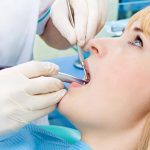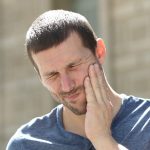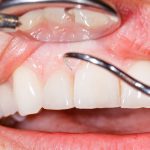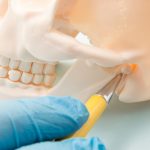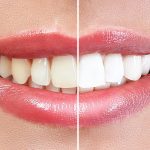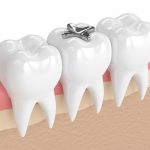Recognizing the symptoms of TMJ disorder and finding treatment in Central HK

Do you suffer from frequent headaches, dizziness, tinnitus (ringing in the ears), or other seemingly symptoms? Are you struggling to understand what is going on and unable to get a satisfactory diagnosis? If so, you may be surprised to learn that the source of your trouble could be your jaws. TMJ (temporomandibular joint) disorder is a surprisingly common and underdiagnosed condition in Central HK and around the world. Dr. Titania Tong has extensive experience diagnosing this condition and providing treatment.
What is TMJ disorder?
The TMJ is the joint that connects your jaw to your skull. It is a complex joint, capable of minute movement in many directions, with an exceptional amount of force. Even a slight problem can seriously impact the joint functionality. Additionally, the trigeminal nerve, which controls the jaw, has branches extending across the face and to the forehead. Dysfunction of the TMJ often affects this nerve, sometimes causing pain to radiate or develop far from the jaw.
Signs of TMJ disorders
One of the reasons that this condition is often undiagnosed is because it affects everyone a little differently. If you have a TMJ disorder, you may experience one or more of the following symptoms:
- Locking of the jaw
- Limited movement of the jaw
- Facial pain
- Migraines or severe headaches
- Pain in the shoulders or neck
- Pain in or around the jaw
- Difficult or painful chewing
- Dizziness or vertigo
- Hearing problems or tinnitus
- Facial swelling, usually on one side
- Clicking or popping sounds when you open your jaws
- Muscle fatigue in the face
Finding relief
Every case of TMJ disorder is a little different. Therefore, Dr. Tong will perform a comprehensive evaluation and discuss your symptoms before recommending a solution. In some cases, she refers patients to a specialist. However, many people find relief from a simple, comfortable, customized dental appliance known as a splint. This appliance is worn during sleep, and it helps maintain an optimal jaw position.
If you have TMJ disorder symptoms, please call us at 852 2810 1801 to schedule a consultation and learn about your treatment options.


